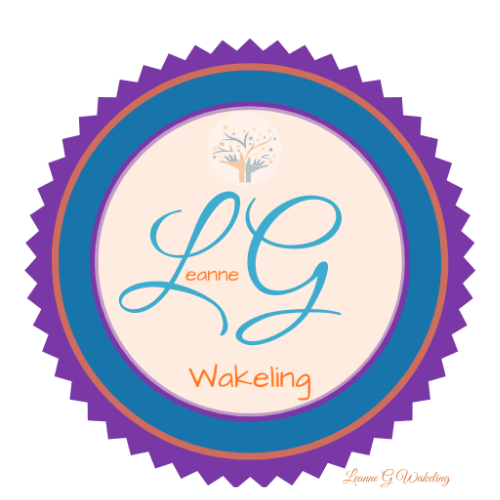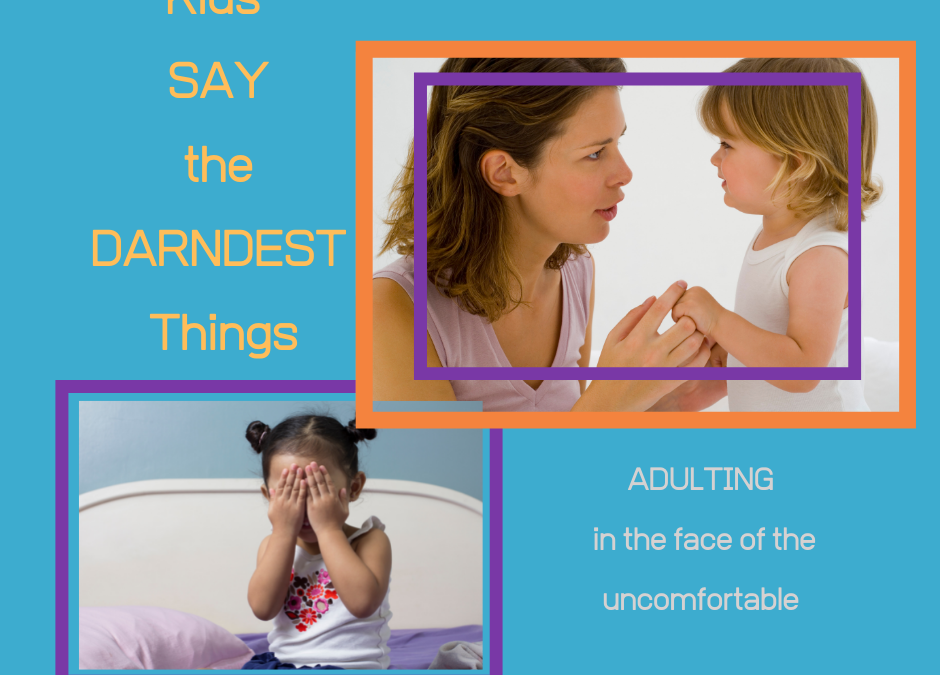Kids say the darndest things. This isn’t just the title of an old American TV show.
All parents know it’s the gospel truth.
When children open their mouth, they can make adults either laugh or be frustrated, or both.
A Study In Toddler Communication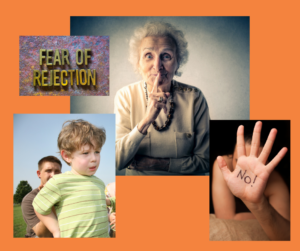
Here’s an example.
I recently read about a parent whose 2-year-old is very verbal and persistent. Lately, though, the toddler has been telling her parents and grandma to “go away” and other hurtful words when she’s frustrated.
The child may not be conscious of the effects of her words, but judging from her post, the toddler’s mother is at her wit’s end on how to handle the situation.
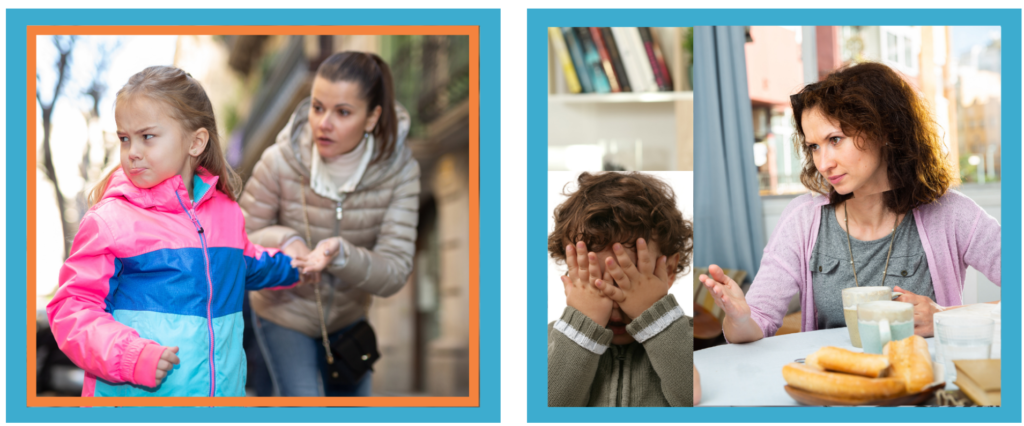
It’s About Them, Not About Us
Ahhh, the joys and wonders of having a 2-year-old who seems to have suddenly decided they’re ready to share their thoughts with the world.
While parents may find it uncomfortable for their toddlers to be too direct, their words have nothing to do with us. They say them for themselves, not against us.
They’re just trying to set their boundaries in their own simple way.
They are not intentionally being hurtful, even though they may say hurtful things. This may seem semantic, but it IS a very significant difference.
It’s tough being a parent, especially in these early years because our children have no idea they are offending people.
Let’s admit it. The toddler in our story is two. It’s not her responsibility to worry about our adult feelings.
So, when we lash out and tell a child this young that they are being hurtful, their limited development means they are thinking is “I am a mistake,” instead of “I made a mistake.”
Recent studies have proven they just don’t have the capacity, skills, knowledge, or neurology to understand the situation from an adult’s perspective.
An adult acting injured by their words only adds to their confusion and can create anxiety because the adults are supposed to care for them. They can instinctively think, “If I can hurt them, can they protect me?”
Communicate With Toddlers
The book Raising a Secure Child provides some insight into what’s happening and how parents can intercede without turning the situation into a bigger issue or damaging your toddler’s self esteem.
It’s up to us to explore what we are making the words mean, as well as to appreciate our child’s stage of development.
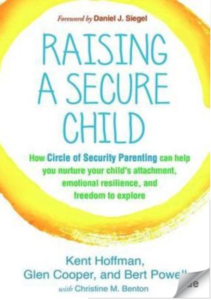
Being the adult means
Validate their feelings, even when we don’t agree with their words or behaviour. I
Also, consider reflecting on what happens just before and after they say the hurtful words.
What can be in play is that we are inadvertently reinforcing the behaviour through our response.
When we realise this mismatch in communication, we can change how we respond. Our children can’t, YET.
Remember that they don’t have logic or reasoning skills yet. They’re not worried about outcomes and are driven by what they believe works. So, they can only respond to our actions. This is a good thing because it means we can influence change in our children.
So, it’s not about what we allow or not. It’s about creating boundaries in a healthy way.
Instead of being frustrated or hurt, try communicating with a toddler in a way they understand.
Here are some examples:
- Sounds like you’d prefer to be on your own.
- It’s ok to express your wishes, the problem is, I don’t like to be spoken to like that. So, I wonder, would you like a do-over?
- How can I help?
- What specifically is the problem?
Listen without judgement, justification or defensiveness to their answer.
In this way, our children appreciate that we have heard their wishes and we respect their right to have wishes, even if we can’t let the words slip by.
Do you have another way of handling this situation?
I’d love to hear your thoughts so share with me
in the comments section below.
